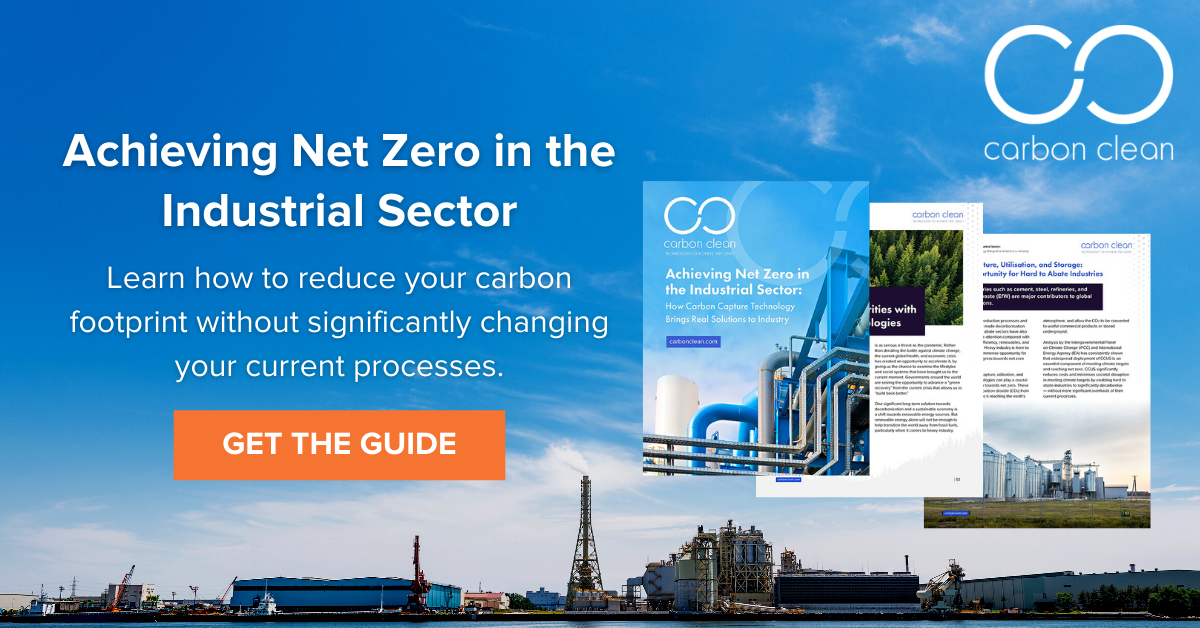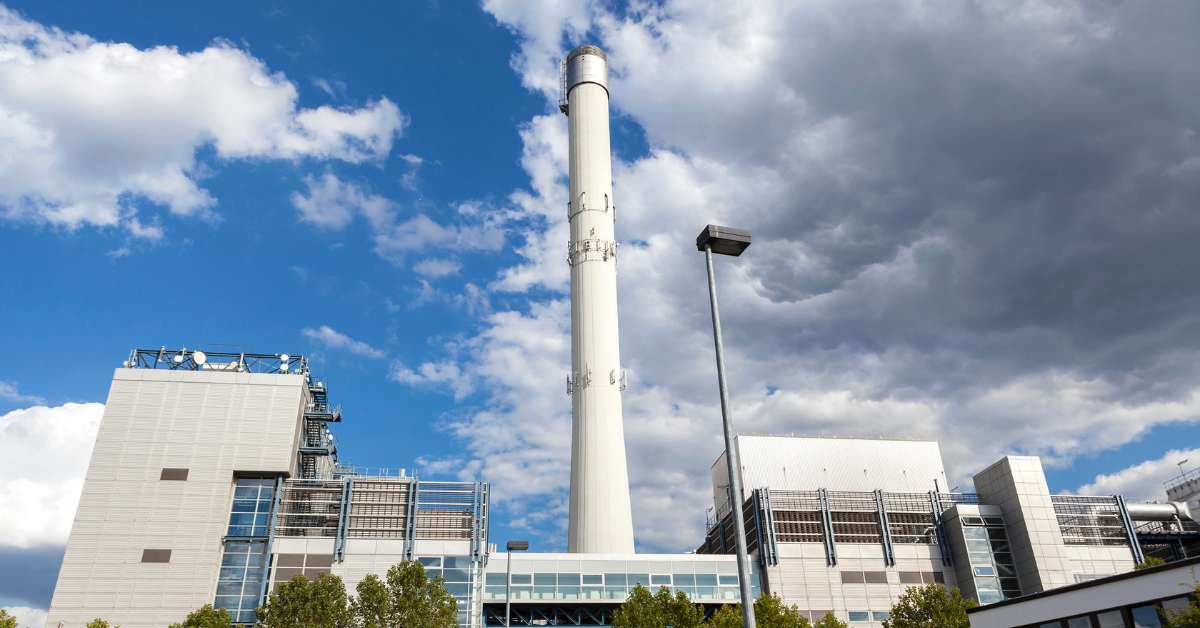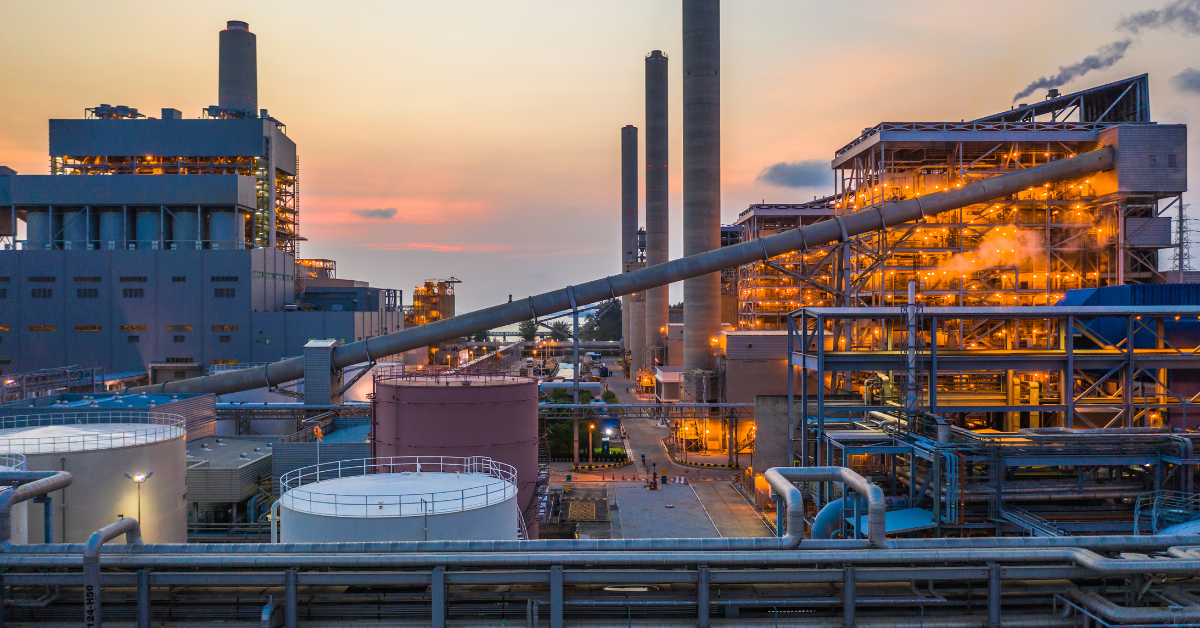Are you interested in learning how industries can reduce their carbon footprint with technology? Listen to Carbon Clean's Commercial Director Eberhart Wusterhaus Gomez as he dives into the benefits of Energy from Waste decarbonisation and how the sector can use carbon capture technology to help achieve net zero.
How does Energy from Waste (EfW) produce carbon emissions?
Energy from waste is starting to become a big piece of the puzzle now, especially from the European perspective. There are 450 waste to energy plants across Europe. So there is a massive impact on emissions, as this waste contains gases such as methane. You're basically reducing the carbon footprint of individuals in the cities.
Can you explain how EfW works and the process?
Energy from waste is the process of generating energy in the form of electricity or heat by processing waste as a fuel source. This process takes place at large plants, typically run by municipalities and local authorities. They collect the waste and burn it in very large boilers to produce energy. This serves the purpose of waste disposal that would have otherwise gone to a landfill and therefore avoiding millions of tonnes of waste, while also producing electricity and heat that consumers can use.
How much carbon is produced every year from the EfW sector?
By utilising carbon capture technologies at Energy from Waste plants, municipal authorities can further decarbonise their district heating and electricity network served to the households in those areas. This allows for a huge reduction in the carbon footprint of their utilities consumed.
How can municipalities reap the cost benefits of carbon capture for EfW?
Further, as packaging becomes increasingly plant-based, we are able to leverage this process into a negative carbon cycle, which is an extremely powerful way to move towards net zero or even negative carbon emissions.
Are you interested in learning more about Energy from Waste decarbonisation and how we can use Carbon Clean's technology to achieve net zero? Speak with a specialist today.



